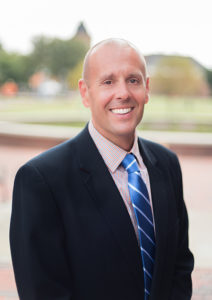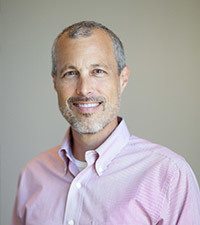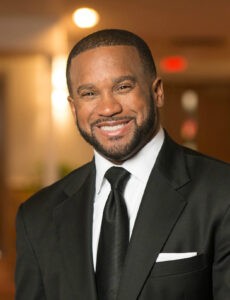The coronavirus and ongoing racial tensions are sending clergy stress levels skyrocketing, ministers and health experts say.
“I do struggle with anxiety and something like the COVID-19 pandemic exacerbates that,” said Emily Holladay, the pastor at Village Baptist Church in Bowie, Maryland.

Emily Holladay
It’s why the Campbell University Ministers’ Health Summit couldn’t be better timed, she said.
The free summit – virtual this year due to pandemic restrictions – runs June 4-5 and offers expert-led sessions on financial, mental, physical and spiritual health.
Holladay said her need for wellness has significantly increased since George Floyd died at the hands of Minneapolis police on May 25, sparking public protests in cities across the nation.
“I see these things happening and it strikes me to the core wishing there was something I could do to fix it,” said Holladay, whose congregation is racially diverse.
‘Look for ways to care for your pastors’
Summit organizers are keenly aware of the extra stress clergy are experiencing today, said Brian Foreman, executive director of the Center for Church and Community at Campbell University.

Brian Foreman
The pandemic alone has been enough to push ministers to exhaustion, he said. “In this quarantine life, clergy are busier than ever. They are suddenly becoming video producers and finding new ways to connect with their congregation and staying in touch with their staff.”
Now they are also dealing with pressures to return to in-person worship services while social media has become more vitriolic and divisive than ever, he added.
“This convergence of things happening all at once is overwhelming. And it being an election year, everything is heightened anyway.”
These factors make it more important than ever for ministers to address their emotional, physical and spiritual health, said Matt Bloom, keynote speaker of the summit and author of Flourishing in Ministry: How to Cultivate Clergy Well-Being.

Matt Bloom
The pandemic and ongoing racial tensions underscore the importance of taking time away from ministry to engage in enjoyable and enriching activities, said Bloom, an associate professor at the University of Notre Dame and principle investigator of its Wellbeing at Work program.
“That’s hard to do in normal ministry life, and it’s harder to do now,” he said.
But failure to do so, he stressed, may contribute to the deterioration of spiritual, mental and physical health, which in turn can lead to burnout.
Bloom said he also urges congregations to be part of the solution.
“As your pastors are looking for ways to care for you, please look for ways to care for your pastors.”
‘You can’t pour from an empty cup’
A major obstacle to clergy wellbeing is a lack of self-awareness about these issues, said Howard-John Wesley, senior pastor of Alfred Street Baptist Church in Alexandria, Virginia, and leader of the summit’s spiritual health breakouts.
“We are on the front lines of helping heal people spiritually and bringing them closer to Christ but ignore our own spirituality.”

Howard-John Wesley
Wesley said it took him 20 years in ministry to learn that physical and emotional exhaustion were contributing to his spiritual decline.
Symptoms included stale preaching and a prayer and devotion life focused exclusively on the needs of others. His pastoral interactions suffered, his diet “was terrible” and “I was drinking more than ever.”
He also had stopped exercising.
“I wasn’t feeding myself, spiritually,” he said. “I felt distant from the Lord. I was burned out.”
His spiritual life began to turn around with an evaluation of his prayer and devotional life and a three-month sabbatical.
Now, he recommends ministers make self-care a regimented part of their ministries. That includes building down time into weekly schedules and not listening to voices – including one’s own – that suggest doing so is selfish.
Otherwise, clergy eventually will be of little use to anyone.
“You can’t pour from an empty cup,” Wesley said.
‘Allow a lot of grace for yourself’
Holladay recommends pastors tap into outside sources of help to combat stress.
Those may include coaching, therapy, spiritual direction and participation in ministry cohorts, such as the one Holladay attends through Baptist Women in Ministry.
“They are tools in my toolbox,” she said. “Each one performs a different function.”
Another tool has been transparency with her congregation.
“Very early in the pandemic I preached a sermon in which I said these words, ‘I have anxiety,’” Holladay said. “I’ve since had people come up to me and say they felt the same way or their children needed to hear that message.”
It’s also important that ministers go easy on themselves during especially stressful periods, she added.
“You have to recognize that in this time you have to allow a lot of grace for yourself.”
The Campbell University Ministers Health Summit is a collaboration of the university’s Divinity School, Public Health program and Center for Church and Community.
Read more BNG news and opinion related to the coronavirus pandemic:
#intimeslikethese
